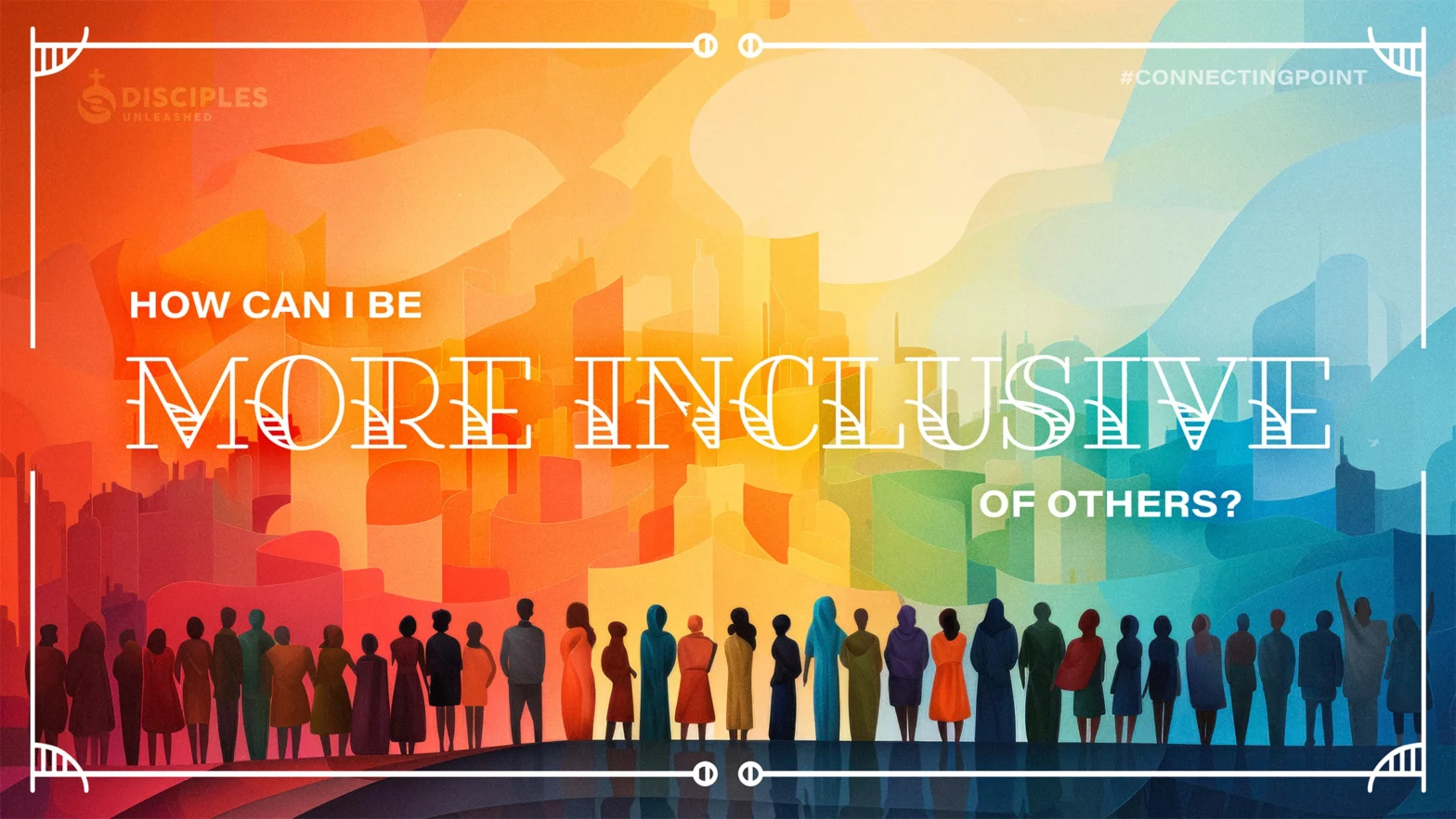In this Sunday’s readings, we are called to examine how we view and treat others, especially those who might be different from us. The second reading from James is clear: “Show no partiality.” This instruction challenges us to treat everyone equally, regardless of how they look, dress, or speak. It’s a reminder that our biases, whether conscious or unconscious, can blind us to the dignity and worth of those around us.
The Gospel reinforces this message through Jesus’ inclusive healing ministry. Jesus didn’t discriminate based on status, appearance, or background; he welcomed everyone who came to him. His actions exemplify the kind of inclusivity that we are called to practice in our own lives.
This idea is deepened by the imagery in the first reading: “Then will the eyes of the blind be opened.” Our prejudices, often formed by societal norms or personal experiences, can prevent us from truly seeing others for who they are—children of God deserving of love and respect. Just as Jesus healed physical blindness, we are called to seek healing for our spiritual blindness—the biases that cloud our vision and judgment.
Pope Francis has often spoken about the importance of inclusivity in the Church and our personal lives. He encourages us to “build bridges, not walls” to reach out and embrace those who are marginalized or overlooked by society. This task isn’t always easy; it requires us to confront our discomforts and prejudices. But it is essential for living out the Gospel’s message.
So, how do we do this? We can begin by making small but meaningful changes: being more welcoming to newcomers, refraining from making snap judgments, and treating everyone with the same kindness and respect that we want for ourselves. In doing so, we open our eyes to the richness of God’s creation and become a reflection of his love in the world.


